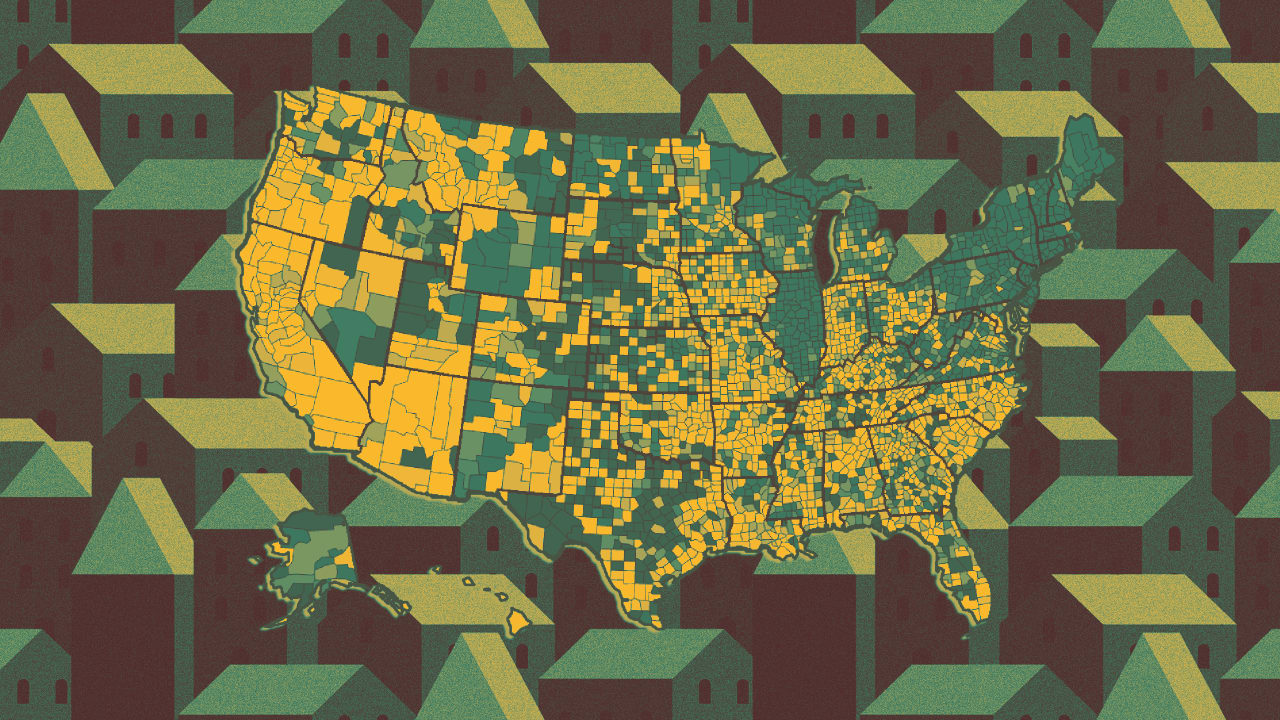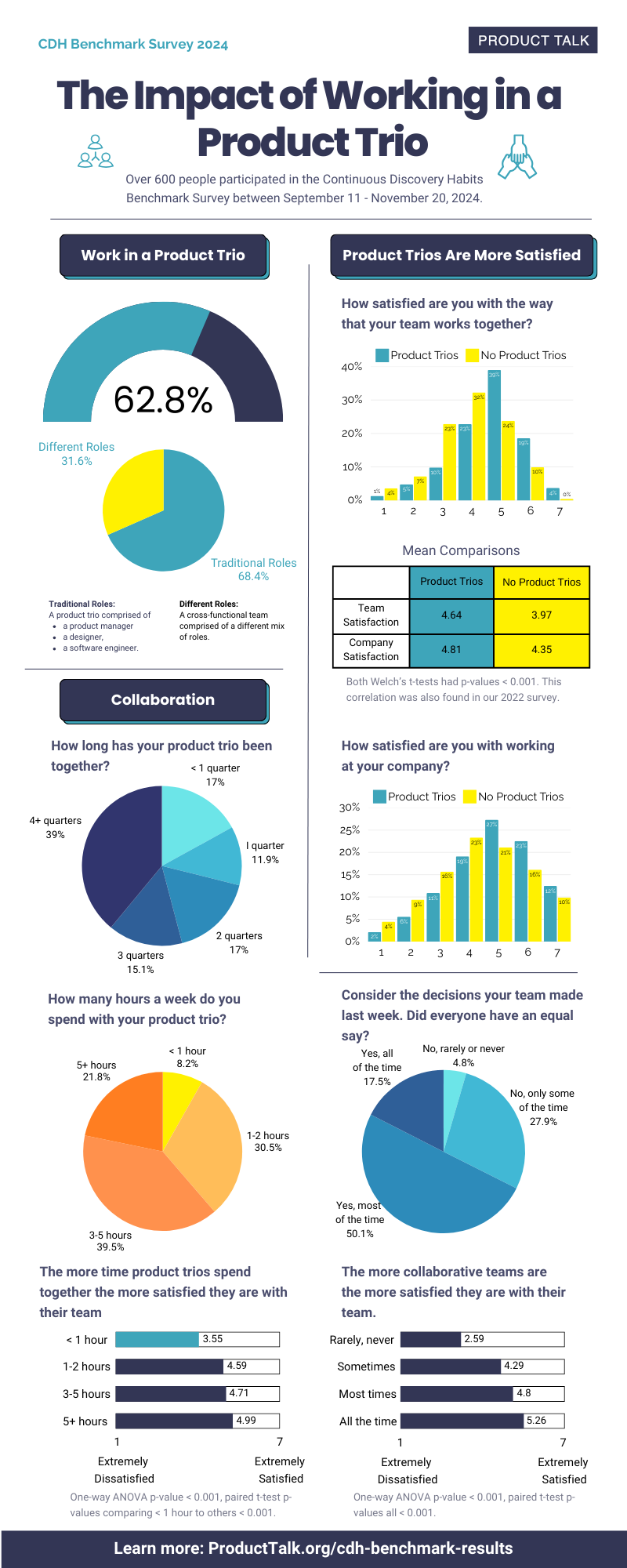Remote Work Impact: How It’s Reshaping US Real Estate

The rise of remote work has transformed not just how we work but also where we live. As more professionals embrace flexible work arrangements, the US real estate market is experiencing a significant shift in demand, pricing, and location preferences.
From booming suburban markets to declining urban rents, the remote work revolution is reshaping housing trends across the country. Let’s explore the key ways remote work is influencing real estate and what it means for buyers, sellers, and investors.
1. Migration from Cities to Suburbs & Rural Areas
With no daily commute required, many workers are leaving expensive urban centers in favor of more affordable suburbs and rural towns. Cities like New York, San Francisco, and Chicago have seen a slowdown in demand, while smaller cities and towns in states like Texas, Florida, and Tennessee are experiencing rapid growth.
Key Impacts:
-
Increased demand for single-family homes with home office spaces
-
Rising property values in previously overlooked markets
-
Decline in downtown apartment occupancy rates
2. The Rise of Secondary Markets
Secondary markets—smaller cities with good amenities and lower costs—are becoming hotspots for remote workers. Places like Boise, Austin, and Raleigh are attracting professionals who want a better quality of life without sacrificing career opportunities.
Why It Matters:
-
More businesses are opening satellite offices in these areas
-
Local economies are growing due to an influx of remote workers
-
Investors are targeting these markets for higher rental yields
3. Homebuyers Prioritize Space & Comfort
Since remote workers spend more time at home, buyers are looking for properties that offer:
-
Dedicated home offices
-
Larger living spaces
-
Outdoor areas (yards, patios, etc.)
-
Proximity to nature and recreational facilities
This shift has led to a surge in demand for suburban and rural homes, while urban condos and small apartments are seeing slower sales.
4. Commercial Real Estate Faces Challenges
As companies downsize office spaces, commercial real estate is undergoing a major transformation. Many businesses are adopting hybrid work models, reducing the need for large corporate offices.
Effects on Commercial Real Estate:
-
Increased vacancies in downtown office buildings
-
Conversions of office spaces into residential or mixed-use properties
-
Growth in co-working spaces as flexible alternatives
5. Long-Term Investment Opportunities
For real estate investors, remote work trends present new opportunities:
-
Short-term rentals: With more people working remotely, demand for longer-term Airbnb stays has increased.
-
Suburban developments: Builders are focusing on communities with high-speed internet and work-friendly amenities.
-
Rural land investments: As people seek more space, undeveloped land is becoming a valuable asset.
The Future of Real Estate in a Remote-First World
The remote work movement is here to stay, and its impact on real estate will only deepen. While urban markets may recover, the demand for flexible, spacious, and affordable housing outside major cities will continue to grow.
Whether you're buying, selling, or investing, understanding these trends can help you make smarter real estate decisions in this evolving landscape.
Looking for the perfect property in today’s shifting market? Avenza Land offers expert guidance and premium real estate solutions tailored to your needs. Explore our listings today and find your ideal home in this new era of remote work.












































































































![Building A Digital PR Strategy: 10 Essential Steps for Beginners [With Examples]](https://buzzsumo.com/wp-content/uploads/2023/09/Building-A-Digital-PR-Strategy-10-Essential-Steps-for-Beginners-With-Examples-bblog-masthead.jpg)















![How to Use GA4 to Track Social Media Traffic: 6 Questions, Answers and Insights [VIDEO]](https://www.orbitmedia.com/wp-content/uploads/2023/06/ab-testing.png)



































